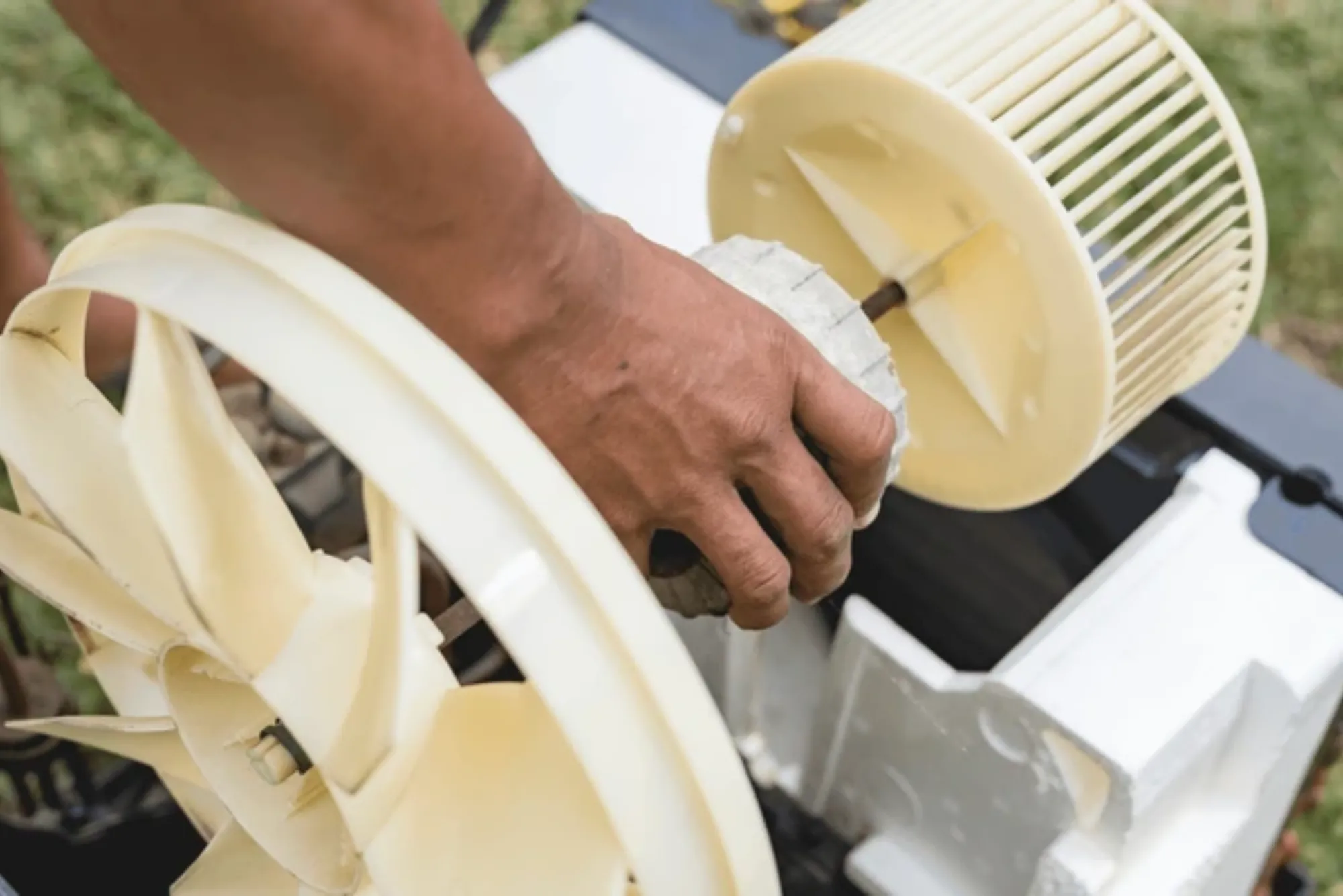In the world of digital finance, understanding how cryptocurrency is stored is one of the most important skills you can develop. As the value and popularity of crypto assets continue to rise, securing them properly is essential. Many beginners assume that cryptocurrencies live in the coins themselves, but in reality, they are stored in digital wallets that protect your private keys—the most vital element of ownership.
This guide explains in clear, practical language how cryptocurrency storage works, how to protect your holdings, and which methods are the most secure. Whether you are new to Bitcoin or have been exploring blockchain for years, these practical insights will help you manage your digital wealth with confidence.
Understanding How Cryptocurrency Is Stored
When people talk about storing cryptocurrency, what they are truly storing are the private keys that give them access to their digital funds. Each cryptocurrency wallet holds a pair of cryptographic keys—one public and one private. The public key functions like your bank account number, while the private key acts as your password. Losing that private key means losing access to your cryptocurrency forever.
The Role of Digital Wallets
Digital wallets are essential tools that make storing cryptocurrency possible. They come in two main categories: hot wallets and cold wallets. Hot wallets are connected to the internet, providing easy access for trading or transactions. Cold wallets, on the other hand, are offline devices, making them far less vulnerable to hacking attempts.
Choosing between these two depends on your needs. If you trade often, hot wallets are convenient. But if you hold crypto for the long term, cold wallets provide the most reliable security.
Why Proper Storage Matters
The decentralized nature of blockchain technology offers freedom but also personal responsibility. Unlike traditional banks, there is no customer service hotline to recover lost crypto. This is why understanding how cryptocurrency is stored is more than a technical detail—it’s a crucial part of protecting your investment.
Security breaches have become common in the crypto world, with hackers targeting exchanges and wallets. In most cases, victims lose everything. Proper storage helps you avoid this nightmare scenario by ensuring your private keys remain secure and accessible only to you.
Types of Cryptocurrency Storage Solutions
Cryptocurrency storage can be divided into several categories based on how the private keys are managed.
Hot Storage
Hot storage refers to any wallet connected to the internet. It includes mobile wallets, desktop wallets, and online exchange wallets. While they are convenient for frequent transactions, they are more exposed to cyber threats. If you use hot wallets, always enable two-factor authentication and store only small amounts that you can afford to risk.
Cold Storage
Cold storage keeps your private keys offline. Hardware wallets, paper wallets, and even air-gapped computers fall into this category. Because they are not connected to the internet, cold wallets are immune to most online attacks. Hardware wallets such as Ledger and Trezor have become the gold standard for long-term investors.
Practical Tips for Storing Cryptocurrency Safely
Security begins with awareness. To store cryptocurrency securely, adopt practical habits that minimize risk while ensuring access when you need it.
Use Strong Passwords and Two-Factor Authentication
Always protect your wallets with strong, unique passwords that include a mix of letters, numbers, and symbols. Two-factor authentication (2FA) adds an extra layer of protection by requiring a secondary verification step.
Backup Your Wallets Regularly
Backing up your wallet ensures you can recover your crypto even if your device is lost or damaged. Store your backup phrase (seed phrase) in multiple secure locations—never online.
Keep Software Updated
Outdated software can create vulnerabilities. Regularly update your wallet applications and firmware to patch any security flaws that developers fix over time.
Avoid Public Wi-Fi
Using public Wi-Fi for crypto transactions increases your risk of being hacked. Always use private, encrypted connections to ensure your data remains secure.
How Exchanges Store Cryptocurrency
Most major crypto exchanges use a combination of hot and cold storage to safeguard customer funds. Only a small percentage of assets remain in hot wallets for liquidity purposes, while the majority are kept in secure offline storage.
However, trusting an exchange with your crypto is still a risk. Several exchanges have suffered breaches or closed unexpectedly. Always withdraw your cryptocurrency to a personal wallet you control after completing transactions.
The Psychology of Crypto Security
Understanding the psychology behind crypto security is essential. Many users assume that because blockchain is secure, their wallets are too. This misconception leads to complacency, making them easy targets for phishing and social engineering attacks.
To protect your crypto, think of security as a mindset rather than a one-time setup. Stay alert to scams, double-check wallet addresses, and never share your private keys.
Recovery and Backup Options
When setting up your wallet, you will receive a recovery seed phrase—usually 12 or 24 words. This phrase allows you to restore access if your wallet is lost or damaged. Write it down on paper or engrave it on a metal backup device. Never store it digitally, as hackers can access online files.
If you lose your recovery phrase, there is no way to retrieve your crypto. Treat it as your most valuable possession and store it securely offline.
The Future of Cryptocurrency Storage
The methods of storing cryptocurrency are constantly evolving. New technologies like multi-signature wallets, biometric authentication, and hardware security modules are redefining how users protect their assets. Multi-signature wallets require multiple approvals for transactions, making unauthorized access nearly impossible.
As the industry matures, we may see more integrated security features that make storing cryptocurrency easier without compromising safety. However, even with innovation, personal responsibility will remain central to protecting digital wealth.
FAQs About How Cryptocurrency Is Stored
How is cryptocurrency stored safely?
Cryptocurrency is stored using digital wallets that manage private keys. The safest option is to use cold storage devices like hardware wallets, which stay offline.
Can I store cryptocurrency on my computer?
Yes, you can use desktop wallets, but they are considered hot storage and can be vulnerable to malware. Always secure your computer with updated antivirus software.
What happens if I lose my crypto wallet?
If you have your recovery seed phrase, you can restore your wallet on another device. Without it, your funds are permanently lost.
Is it safe to keep crypto on an exchange?
Keeping crypto on exchanges for long periods is risky. It’s safer to withdraw to a personal wallet where you control the private keys.
What’s the difference between a hot wallet and a cold wallet?
A hot wallet is connected to the internet, offering convenience for trading. A cold wallet stays offline, providing maximum security for long-term storage.
Take Control of Your Crypto Security
Learning how cryptocurrency is stored is the first step toward becoming a confident digital asset owner. With careful attention to wallet management, backups, and personal security habits, you can protect your investments from theft or loss.
Start by understanding your storage options, from hot wallets for daily transactions to cold wallets for long-term security. Make sure you keep your recovery phrases safe and stay informed about the latest security practices.
If you want to dive deeper, explore Cryptocurrency Is Stored and Learn How Cryptocurrency Is for more practical advice. For detailed research and industry updates, visit Cryptocurrency Is Stored resources at www.coindesk.com.










